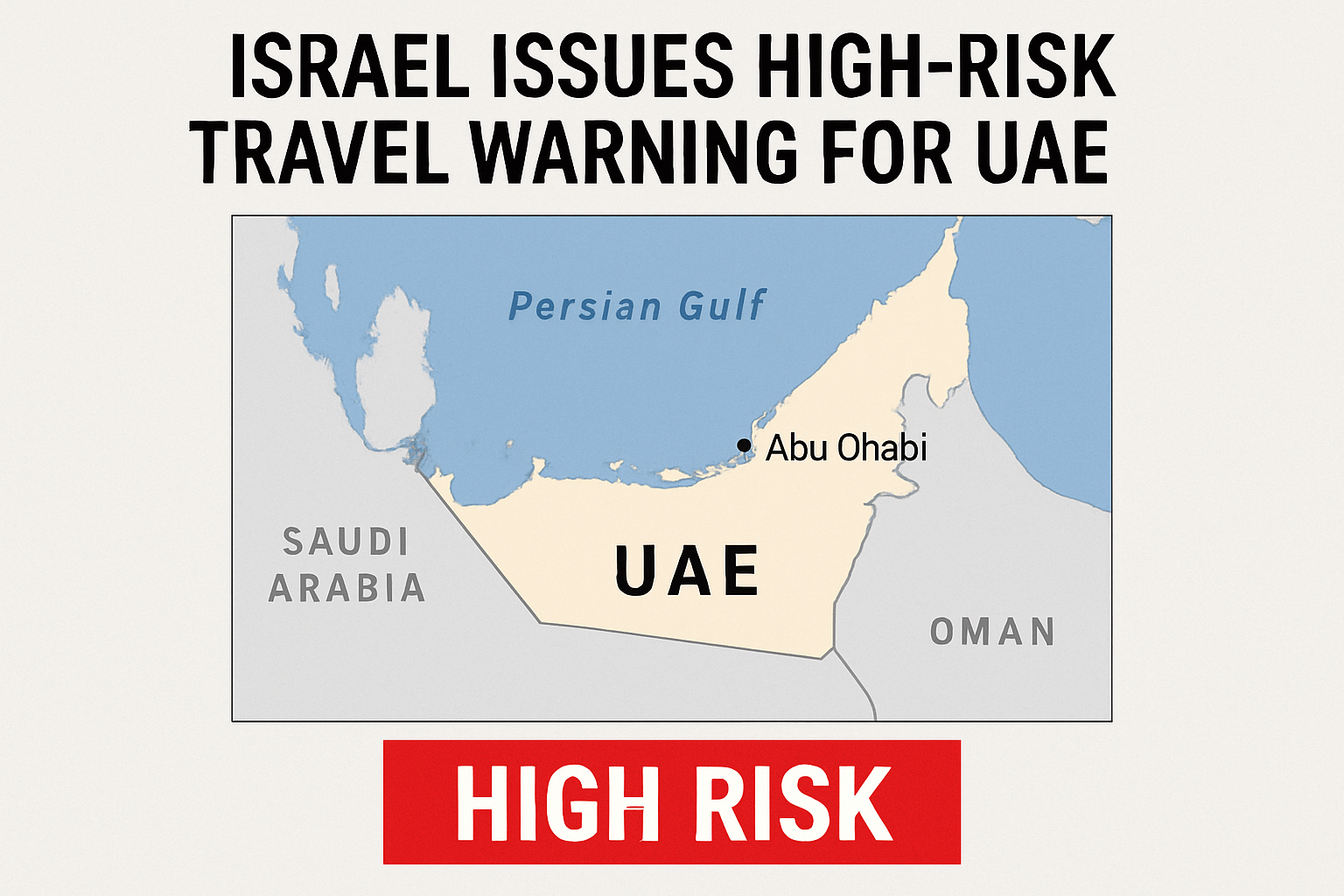ATHENS, Greece — June 18, 2025 – Greece has once again solidified its place among the world’s top travel destinations, closing 2024 with a record-breaking €21.7 billion ($25.09 billion) in tourism revenue. According to new data from the Greek Tourism Confederation (SETE) and the Bank of Greece, the nation welcomed more than 40 million international visitors — a 5.4% increase over 2023 and the highest tourist arrival figure in Greek history.
This milestone marks two consecutive years of record-setting performance in the tourism sector, which is now responsible for 13% of the country’s GDP. Officials predict 2025 may surpass these figures, provided that ongoing geopolitical tensions in the Middle East do not escalate and disrupt regional travel.
A Booming Sector Fueling Greece’s Economic Revival
Tourism has long been a backbone of the Greek economy, but 2024’s numbers highlight the industry’s pivotal role in post-pandemic recovery. The sector’s direct contribution to GDP was €30.2 billion ($34.94 billion), with its indirect impact significantly higher when including supply chain and related service industries.
Yiannis Paraschis, President of SETE, emphasized the strategic importance of inbound tourism:
“In 2024, 84.4% of all tourism revenues came from international arrivals. This contributed to covering 71.5% of the deficit in the balance of goods — showcasing the sector’s macroeconomic significance beyond just hospitality.”
Top Travel Destinations Fueling the Surge
Greece’s irresistible combination of sun-kissed islands, archaeological heritage, Mediterranean cuisine, and cosmopolitan culture has made it a bucket-list destination for travelers across Europe, North America, and Asia.
Island hotspots like Santorini, Mykonos, Crete, and Rhodes led the charge, while cities such as Athens and Thessaloniki saw strong growth in city-break tourism, cultural exploration, and gastronomy-driven visits.
The revival of cruise tourism, especially in the Aegean and Ionian Seas, also contributed to record footfalls at major ports such as Piraeus, Corfu, and Heraklion, reinforcing Greece’s positioning as a top Mediterranean cruise destination.
Concerns of Overtourism Resurface
While the financial gains are welcomed, the staggering volume of visitors has reawakened concerns about overtourism, particularly on fragile island ecosystems. Santorini, Mykonos, and parts of the Cyclades have reported overwhelmed infrastructure, housing shortages for seasonal workers, and pressure on local services.
Residents and authorities are now actively discussing sustainability-focused solutions, such as daily cruise passenger caps, time-regulated entry at archaeological sites, and incentives to promote lesser-known regions like Epirus, Pelion, and Western Macedonia.
In 2025, the Greek Ministry of Tourism plans to roll out updated zoning regulations, encourage off-season travel, and promote digital nomad programs to spread tourist traffic more evenly across time and geography.
Global Influencers and Celebrities Boost Visibility
Celebrity endorsements and high-profile visits have continued to boost Greece’s visibility. Hollywood stars, international influencers, and athletes from around the world were spotted vacationing in the country in 2024, amplifying its appeal on social media.
Partnerships with platforms like Instagram, TikTok, and Tripadvisor, along with increased promotional efforts from the Greek National Tourism Organization (GNTO), have positioned Greece as a preferred destination for Gen Z and millennial travelers, who increasingly prioritize immersive, Instagrammable experiences.
Air Connectivity and Visa-Free Perks Help Drive Numbers
The record tourism numbers were supported by expanded air connectivity, with new direct routes from major U.S., Canadian, and Gulf cities to Athens, Thessaloniki, and popular island airports. Airlines such as Aegean Airlines, Delta, Emirates, and British Airways ramped up services to meet growing demand.
Notably, Greece remains an attractive entry point into the Schengen Zone, allowing seamless travel throughout the EU for eligible visitors. For nationals of visa-exempt countries such as the U.S., Canada, Australia, and Japan, the ease of entry continues to be a competitive advantage.
Geopolitical Outlook and 2025 Forecast
Though the tourism industry continues to thrive, stakeholders remain cautiously optimistic due to conflicts in the Middle East. Escalating tensions involving Israel, Iran, and surrounding countries have the potential to impact flight routes and deter travel to nearby Mediterranean destinations.
Nonetheless, Greece remains well-positioned to absorb shifting travel patterns, thanks to its stability, extensive coastline, and diversified offerings beyond just beach holidays.
If current trends continue and external disruptions are limited, tourism revenues in 2025 could surpass €23 billion, with arrivals potentially approaching the 45 million mark, setting the stage for yet another record-breaking year.
Conclusion: Greece’s Tourism Future Hinges on Balance
With its rich history, world-famous islands, and a renewed global presence, Greece has established itself as a pillar of global tourism. But with great popularity comes great responsibility. As Greece moves into 2025, balancing growth with sustainability will be key to ensuring that its tourism success story does not come at the cost of its cultural and environmental treasures.
The Ministry of Tourism, SETE, and local governments are collaborating to create a resilient and inclusive tourism model, one that supports both residents and travelers — a model that secures Greece’s place as not just a destination of the year, but a destination for the future.
For more travel news like this, keep reading Global Travel Wire



















